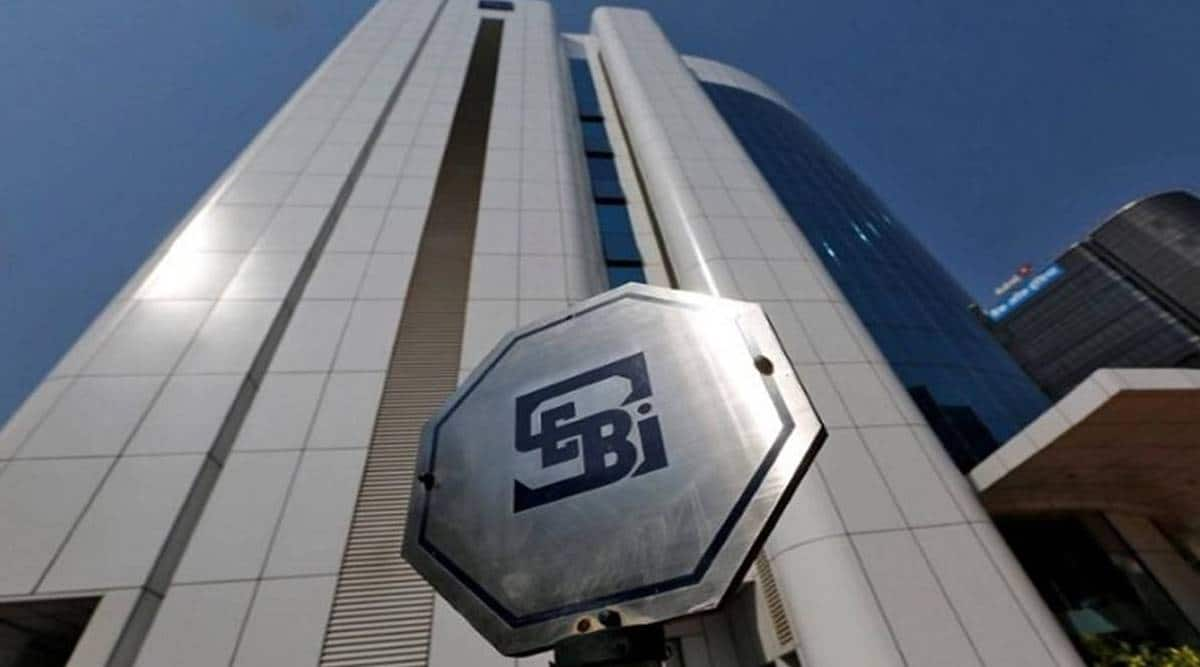By Ashley Coutinho
Promoters and company insiders wanting to buy or sell shares before a qualified institutional placement, or QIP, may have to be a tad more watchful given a recent guidance by the Securities and Exchange Board of India (Sebi) in this regard.
In its guidance to Deepak Nitrite last week, Sebi said the company’s proposed QIP of Rs 2,000 crore would increase the capital of the company and lead to a change in its capital structure. Accordingly, the pending QIP issue, its pricing and its probable impact on the company’s share capital constitute unpublished price sensitive information, or UPSI. This, in turn, would bar company insiders from purchasing shares before the QIP.
“Sebi has tried to fit the guidance within the four walls of law. The company has erred by not seeking a more nuanced guidance with a proper context. Technically, it is okay to trade even after a QIP resolution is passed so long as the company has not begun work on the QIP,” said a lawyer.
Companies routinely announce enabling resolutions for a QIP every year, which may or may not materialise into a placement. Promoters will have to be more careful if they intend to buy or sell shares after this guidance, said market watchers.
Simply passing a resolution, however, does not create a UPSI if the timing, pricing and other details of the QIP are not known, they said.
“Listed companies often pass QIP resolution at their annual general meetings (AGMs). Such resolutions do not always result into a fund-raising activity. They are mere enablers and QIP is always subject to market conditions and other considerations. Passing of these resolutions do not per se create a UPSI. However, steps taken in furtherance of such resolution need to be analysed to see if it triggers any restriction,” said Ravi Dubey, partner, IndusLaw.
Company insiders can be defend their actions in a court of law provided there are enough mitigating factors to show that the Sebi guidance is not applicable in a particular case, said the lawyer quoted above.
QIPs are a way for listed companies to raise capital by issuing equities, or other equity convertible securities to qualified institutional buyers. It is a common method of private placement where the company does not dilute its management stake and does not require elaborate paperwork as during an IPO.








